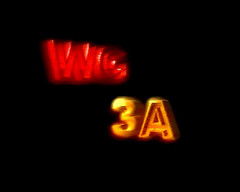Subsequent studies revealed that the most persistent students do not ruminate about their own failure much at all but instead think of mistakes as problems to be solved.
Several years later I developed a broader theory of what separates the two general classes of learners—helpless versus mastery-oriented. I realized that these different types of students not only explain their failures differently, but they also hold different “theories” of intelligence. The helpless ones believe that intelligence is a fixed trait: you have only a certain amount, and that’s that. […]
The mastery-oriented children, on the other hand, think intelligence is malleable and can be developed through education and hard work. They want to learn above all else. After all, if you believe that you can expand your intellectual skills, you want to do just that. Because slipups stem from a lack of effort, not ability, they can be remedied by more effort. Challenges are energizing rather than intimidating; they offer opportunities to learn.
Quelle: The Secret to Raising Smart Kids

